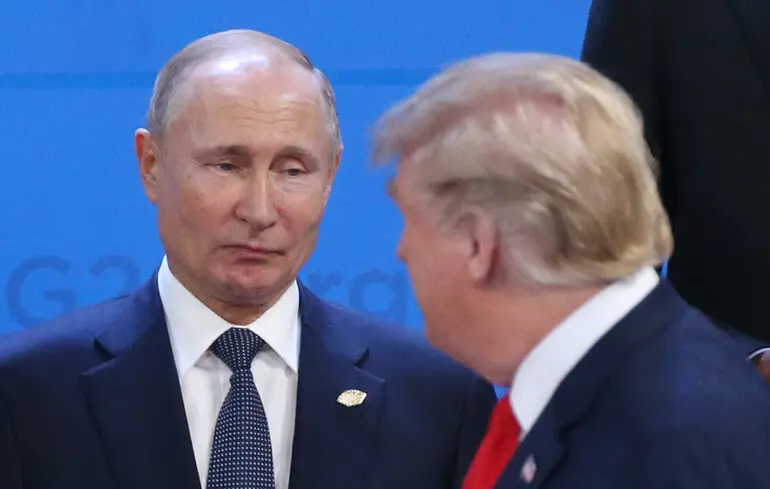Putin Perceives Weakness of the US in Ukraine Issue: An Analysis of Current Geopolitical Dynamics

In recent months, international political commentators and experts have increasingly pointed to growing signs of uncertainty within the United States regarding their capacity to influence events around Ukraine.
Russian President Vladimir Putin, observing Washington’s diplomatic maneuvers, might interpret these signs of weakness as a strategic advantage.
His attacks on Ukrainian infrastructure have significantly undermined morale and trust among the Ukrainian people, paving the way for concessions necessary for peace negotiations.
Max Hastings, a columnist for Bloomberg Opinion, emphasizes that Russia unconditionally claims any Ukrainian territory, considering this a violation of international law.
Meanwhile, Western leaders are debating ways to exert pressure on Russia through powerful levers such as sanctions, economic measures, and diplomatic negotiations designed to have a long-term impact.
The recent summit in Washington showcased conflicting assessments regarding progress in negotiations with Moscow.
US Special Envoy Steve Vickoff regarded his meeting with Putin as a breakthrough, claiming Russia had agreed to draft a law prohibiting the seizure of new Ukraine territories and aggression against other European countries.
However, his statements were quickly met with skepticism, seen as a sign of incompetence.
Ukraine remains doubtful about Western security guarantees and perceives a lack of consistent support from its allies.
Furthermore, Trump and his team appear more focused on personal political gains and ambitions than on ending the conflict.
Conversely, Putin demonstrates unwavering resolve and the idea of a ‘Greater Russia,’ willing to sacrifice and destroy to realize his strategic goals.
While in 2022 experts predicted Russia’s economic collapse, the Kremlin shows resilience and even strengthens its stance.
Following recent discussions in Washington about possible conflict resolutions, a complete peace has yet to be achieved.
Calls for diplomatic efforts continue, but the situation on the ground and in negotiations remains challenging.
Ukrainian authorities and international experts urge for bolder actions to prevent prolonged conflict and deterioration of Ukraine’s position.
Meanwhile, Russia continues to assert its refusal to compromise, with world leaders trying to balance diplomacy and geopolitical interests.
The pressing question remains: how realistically can Moscow be influenced and compelled to accept diplomatic compromises, given Putin’s strategy of pursuing goals by any means necessary? This scenario threatens further escalation of the conflict and destabilization of regional and global security.

